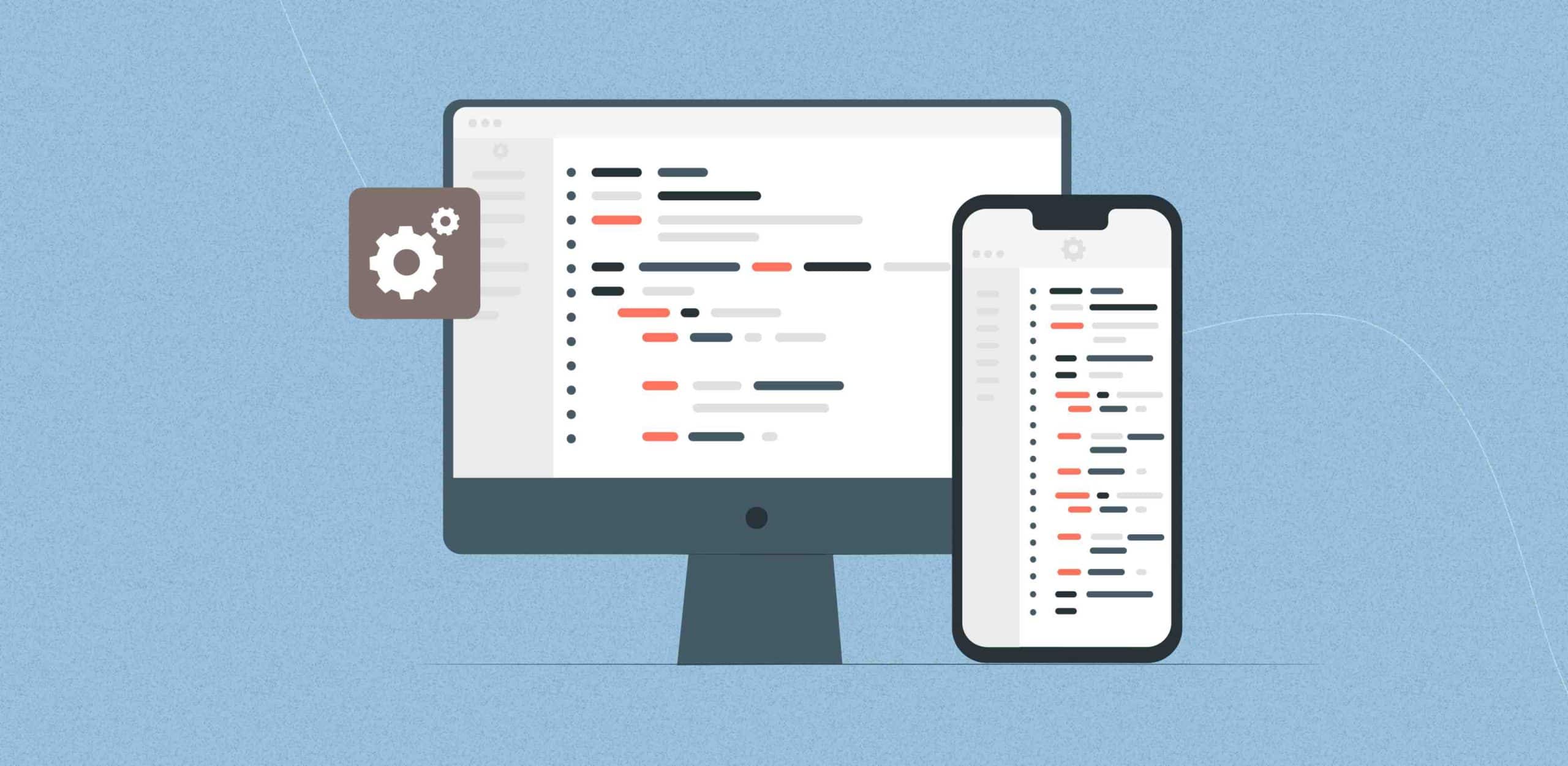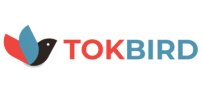Education app development is at the forefront of today’s rapidly evolving educational landscape, revolutionizing the way students learn and educators teach. If you’re considering developing an educational app, you’re on the right path toward modernizing education. However, choosing the right education app development company is crucial for turning your vision into a successful reality.
In this comprehensive guide, we’ll explore what education app development entails, the benefits of such apps, key features to include, the essential steps in the development process, and most importantly, how to select the perfect education app development company to bring your elearning dreams to life.
Before delving into the intricacies of choosing the right development company, let’s clarify what education app development is all about.
What is Education App Development?
Education app development involves creating digital applications tailored to enhance the learning and teaching experience. These apps can be designed for various educational levels, from kindergarten to university, as well as for professional development and corporate training.
What are the benefits of Education Apps?
- Education apps offer a multitude of advantages to both educators and learners.
- They facilitate personalized learning, making it possible for students to progress at their own pace.
- These apps also provide instant access to a vast array of educational resources, from interactive lessons and quizzes to multimedia content.
In addition, education apps can improve engagement and retention through gamification elements and real-time feedback, creating a dynamic learning environment.
Top features to be included in Education App Development
To ensure the success of your education app, it’s crucial to include certain key features:
User-Friendly Interface
A user-friendly interface is the foundation of an effective education app. It should be intuitive, visually appealing, and easy to navigate, ensuring that users of all ages, including students, teachers, and administrators, can easily access the app’s functionalities. This interface should provide a seamless and enjoyable user experience, reducing the learning curve and encouraging engagement.
Content Library
The content library serves as the heart of the education app. It’s a centralized repository where a diverse range of educational materials is stored, including but not limited to videos, eBooks, interactive modules, lecture notes, and reference documents. This library should be well-organized, searchable, and easily accessible, allowing users to find relevant content efficiently.
Progress Tracking
Progress tracking tools are essential for both learners and instructors. These features enable students to monitor their own progress and performance over time, giving them insights into their strengths and areas that need improvement. Instructors can use these tools to assess the progress of individual students or the entire class, allowing for personalized guidance and support.
Interactive Assessments
Interactive assessments, such as quizzes, tests, and assignments, play a crucial role in engaging learners and assessing their comprehension. These assessments should be interactive, offering a variety of question formats (multiple-choice, true/false, essay, etc.) to cater to different learning styles. Immediate feedback is a key component, as it helps learners understand their mistakes and reinforce their knowledge.
Personalization
Personalization is a fundamental feature in modern education apps. It involves tailoring the learning experience to individual user needs and preferences. This can include adaptive content recommendations, customized learning paths, and the ability to set goals and track progress based on personal objectives. Personalization enhances engagement and ensures that learners receive content that aligns with their unique learning styles and objectives.
Communication Tools
Communication tools within the app facilitate interaction and collaboration between students and educators. In-app chat, discussion forums, or messaging systems enable real-time communication, allowing students to ask questions, seek clarification, and participate in discussions. These tools promote a sense of community and support peer-to-peer learning, creating a dynamic learning environment.
Transform education with our app development expertise – let's innovate together.
What are the key steps in Education App Development?
Developing an education app is a complex process that involves several key steps:
Conceptualization and Planning
At the outset of education app development, it’s crucial to clearly define the app’s purpose, target audience, and core features. This step involves brainstorming and creating a detailed concept for your app. Consider questions like: What problem does your app solve? Who are your intended users? What are the essential functionalities that your app must include to meet users’ needs? This planning phase sets the foundation for the entire project and helps ensure that your app aligns with your educational goals and user expectations.
Design and Prototyping
Once you have a solid concept, the next step is to create a visual prototype and design the user interface (UI). Design plays a significant role in user engagement and satisfaction. In this phase, designers will work on wireframes, mockups, and user interface layouts. These visual representations assist in illustrating the app’s appearance and functionality. Feedback and adjustments are crucial during this phase to refine the app’s design, ensuring it’s user-friendly and aesthetically appealing.
Development
The development phase involves writing the code for your education app. Developers will bring your app to life by coding its functionality and integrating the features defined in the planning phase. It’s essential to choose the appropriate technology stack and programming languages that suit your app’s requirements. The development team will work to ensure that the app functions smoothly, offering a seamless user experience.
Testing
Thorough testing is a critical step in education app development. Quality assurance (QA) testers will rigorously assess the app for any bugs, glitches, or usability issues. Testing encompasses functionality testing, compatibility testing on various devices and platforms, performance testing to check for speed and responsiveness, and user acceptance testing to verify that the app meets user expectations. Identifying and addressing issues during this phase is essential to deliver a reliable and user-friendly app.
Deployment
Once the app has passed all testing phases and is deemed ready for release, it’s time for deployment. Deployment involves making the app available to users on their chosen platforms, whether it’s iOS, Android, the web, or other platforms. This process includes submitting the app to app stores (e.g., Apple App Store, Google Play Store) and ensuring that it meets their respective guidelines and requirements. A successful deployment marks the app’s official launch.
Marketing and Promotion
After the app is live, marketing and promotion efforts are essential to reach your target audience and maximize its impact. Develop a comprehensive marketing strategy that may include social media marketing, content marketing, email marketing, paid advertising, and influencer partnerships. Engage with potential users and educators to create awareness about your education app, highlight its unique features and benefits, and encourage downloads and usage.
How to choose an Education App Development Company for your project?
Selecting the right education app development company for your project is a pivotal decision that can significantly influence the ultimate success of your educational app. To make an informed choice, it’s crucial to consider the following key factors in detail:
Expertise and Experience
Delve into the company’s expertise and experience in the field of education app development. Scrutinize their track record and ascertain whether they have successfully executed similar projects in the past. Look for evidence of their proficiency in developing educational apps, including the scale and complexity of these projects.
Portfolio Assessment
Take the time to thoroughly review the company’s portfolio of previous projects. This step involves closely examining the quality and relevance of their work. Look for examples that align with your educational app’s objectives and target audience. A strong and varied portfolio can provide valuable insights into the company’s capabilities and creativity.
Technology Stack Evaluation
Ensure that the education app development company employs up-to-date technologies and development tools. The technology stack they use can significantly impact the app’s performance, scalability, and security. Inquire about the programming languages, frameworks, and platforms they utilize to gauge their alignment with industry best practices.
Customization Capabilities
Assess the company’s ability to customize the educational app according to your specific needs and preferences. The flexibility to tailor the app to your unique requirements is essential to ensure it effectively addresses your educational goals, branding, and user experience expectations.
Client Reviews and Testimonials
Seek out client reviews and testimonials from the education app development company’s previous clients. These testimonials can provide valuable insights into client satisfaction levels, project management, and overall working experience. Pay attention to any recurring themes or standout positive feedback that may highlight the company’s strengths.
Cost and Timeline Clarification
Prior to committing to a partnership, request detailed project cost estimates and timelines from the education app development company. Ensure that you have a clear understanding of the financial aspects, including any potential additional costs that may arise during the development process. Additionally, establish realistic timelines to align expectations and project milestones.
Post-Launch Support and Maintenance
Inquire about the education app development company’s post-launch support and maintenance services. This step is crucial for the ongoing health and performance of your app. Understand the extent of their support, including bug fixes, updates, security enhancements, and the availability of technical assistance after the app’s deployment.
Conclusion
In the ever-evolving world of elearning, staying ahead with the right education app is essential. At Enfin, we specialize in education app development and are committed to transforming your elearning vision into a reality. Our expert team will work closely with you to create a customized solution that meets your specific needs.
Contact us today to explore how we can revolutionize education through education app development. Don’t miss this opportunity to be at the forefront of the elearning revolution.
Partner with us for custom software development!
F. A. Q.
Do you have additional questions?
What is the typical cost of developing an education app?
The cost of developing an education app can vary significantly based on factors such as complexity, features, platform (iOS, Android, web), and customization. It’s best to request a detailed quote from an education app development company after discussing your project’s specific requirements.
How long does it take to develop an education app?
The development timeline for an education app depends on its complexity and features. On average, it can take several months to develop a fully functional education app. Timelines can be refined during the planning phase in consultation with your development team.
What are the key features that should be included in an education app?
Key features for an education app should include a user-friendly interface, a content library, progress tracking, interactive assessments, personalization options, and communication tools. These features enhance the learning experience and engagement for users.
Do I need to have technical expertise to work with an education app development company?
No, you don’t need to be a technical expert. A reputable education app development company will guide you through the process, from conceptualization to deployment. They will explain technical aspects in simple terms and collaborate with you to bring your vision to life.
What post-launch support and maintenance services should I expect from an education app development company?
Post-launch support and maintenance are crucial for the success of your app. A reliable development company should offer services like bug fixes, updates to accommodate platform changes, security enhancements, and ongoing technical support to ensure your app runs smoothly and stays up to date.















